Keywords: Environment
There are more than 200 results, only the first 200 are displayed here.
-
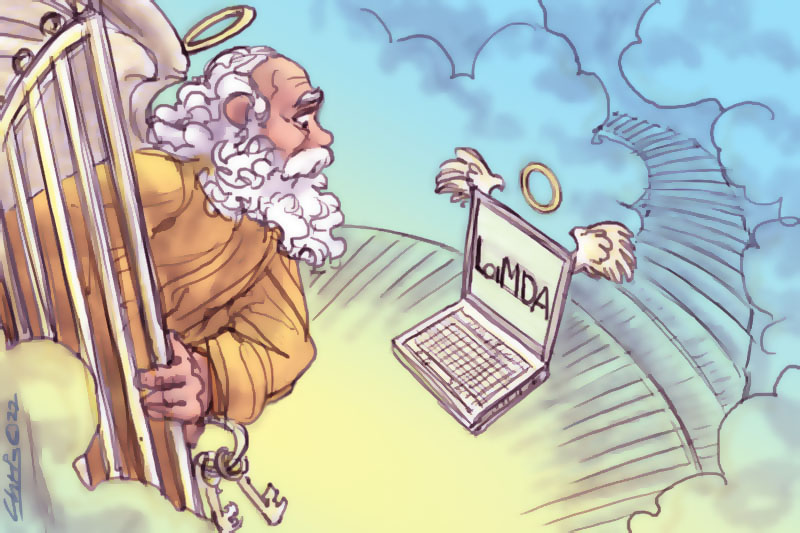
INTERNATIONAL
- Julian Butler
- 05 July 2022
3 Comments
Just over a fortnight ago Google suspended Blake Lemoine, an engineer for Google’s AI organisation, for publicly claiming a computer chatbot he was working on is sentient and thinks and reasons like a human. The publicity surrounding the suspension has raised questions about the development of artificial intelligence (AI), about our shared understanding of what it means to be conscious and sentient.
READ MORE 
-
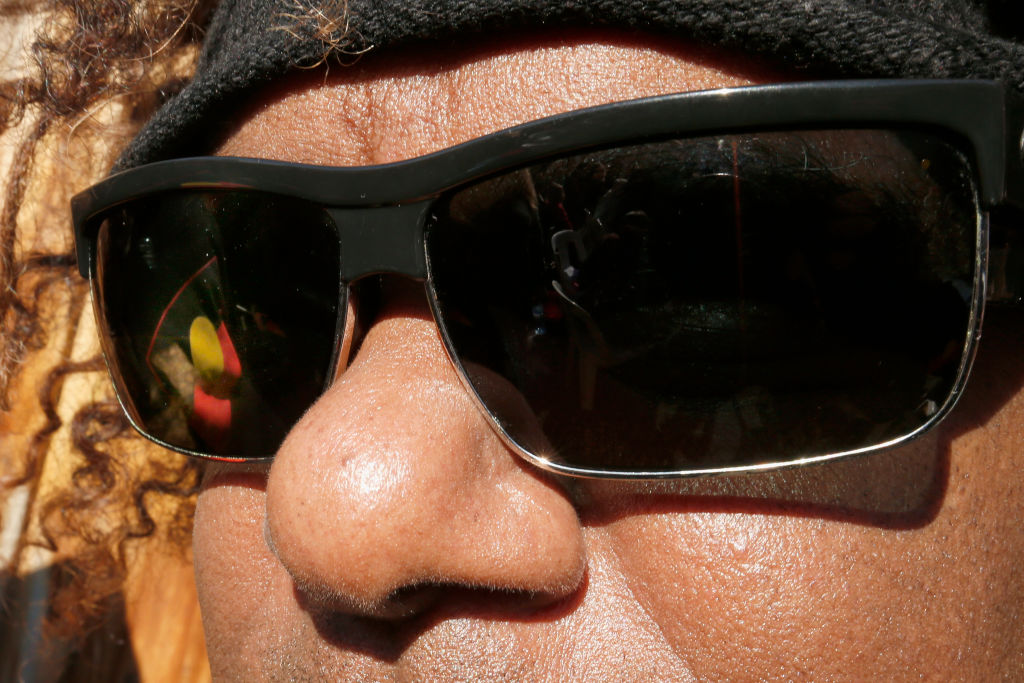
AUSTRALIA
- Andrew Hamilton
- 30 June 2022
11 Comments
If NAIDOC and of the Australian Catholic Church are to achieve their goals time and patience will be required. Yet both show signs of justifiable impatience. This year the theme of NAIDOC Week is Get Up! Stand Up! Show Up! Its tone is urgent, expressing frustration at the resistance to change but also the recognition that new possibilities have opened.
READ MORE 
-
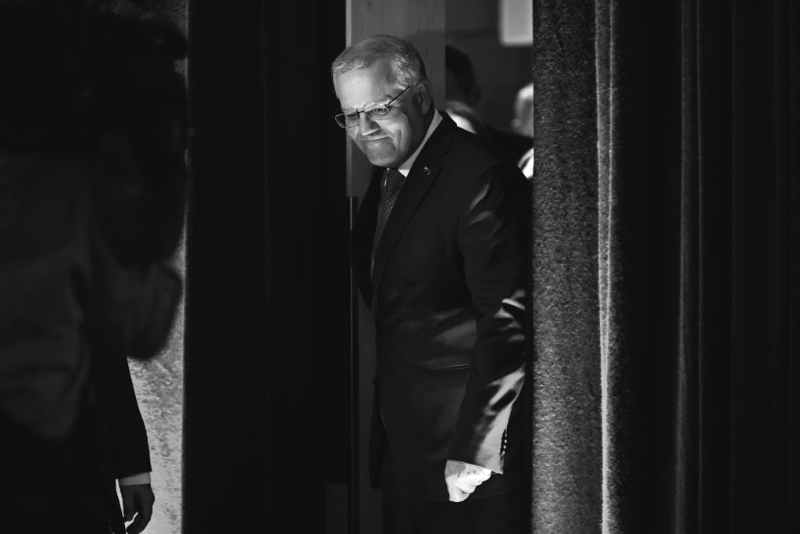
ENVIRONMENT
- Stephen Minas
- 09 June 2022
9 Comments
The Liberal wipeout in inner-city electorates is without precedent in Australian politics. For the Liberal Party, ‘existential crisis’ is not an overstatement. As the party founded by Robert Menzies finds itself in the hall of mirrors, climate policy should be a major focus of critical self-appraisal.
READ MORE 
-

AUSTRALIA
- Michael McVeigh
- 07 June 2022
Before the game, Richmond players of Aboriginal and Torres Strait Islander descent were encircled and then honoured by their teammates. The sight of non-indigenous Richmond players on their knees while their teammates stood proudly before them was powerful and moving. It felt like a significant moment in the club’s history. To get to that moment, authentically, was not easy.
READ MORE 
-
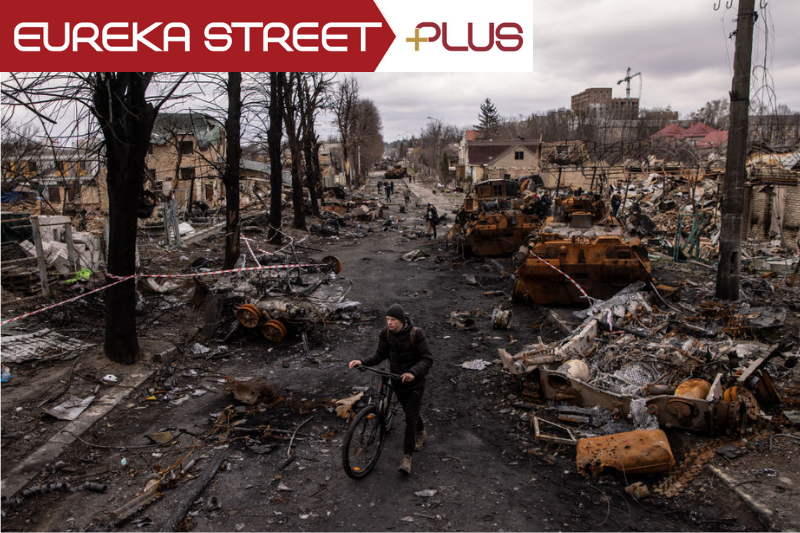
INTERNATIONAL
- Andrew Hamilton, David Halliday, Michele Frankeni, Stewart Braun
- 19 May 2022
5 Comments
We are now three months into the Ukraine war. From an invasion it has turned into a war of attrition that has cost many lives, displaced civilians, destroyed cities, and led to sanctions and the making of alliances with effects that have spread suffering far beyond Ukraine. In this Roundtable, Andrew Hamilton SJ, David Halliday, Michele Frankeni and Dr Stewart Braun explore the ethics of the war and likely paths to peace.
READ MORE 
-
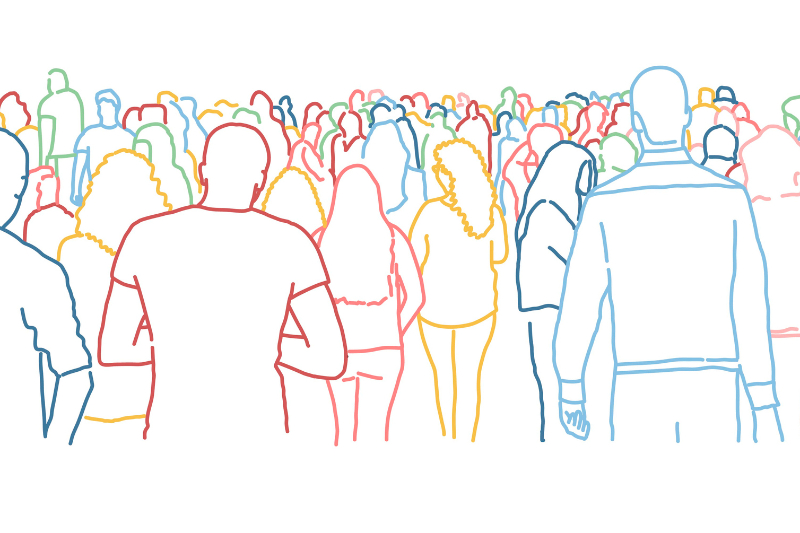
RELIGION
- John Warhurst
- 26 April 2022
22 Comments
The Church must speak up to be relevant, but those who seek to ‘speak for the church’ must be brave. They risk exposing themselves to claims of bias unless they stick to a very narrow agenda and speak in extremely measured terms. Yet if they are too bland they risk being irrelevant to the sharp end of political debate and their intervention becomes little more than a symbolic ritual.
READ MORE 
-
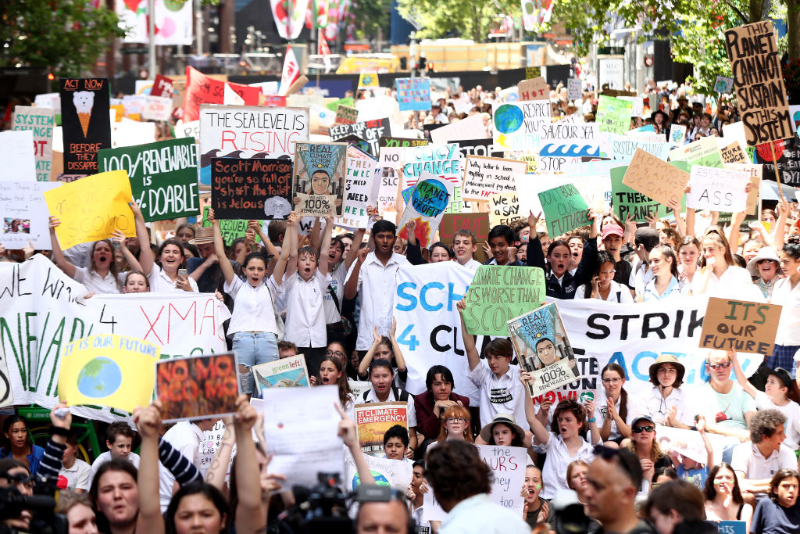
AUSTRALIA
- Binoy Kampmark
- 07 April 2022
10 Comments
The children have been busy. On matters of environmental justice, Australia has witnessed much legal activity from youthful citizens who, despite in some cases not being old enough to vote, have stirred politics. In 2021, five lodged complaints with the United Nations over the failure of the Australian government to cut, in a meaningful way, greenhouse gas emissions by 2030.
READ MORE 
-
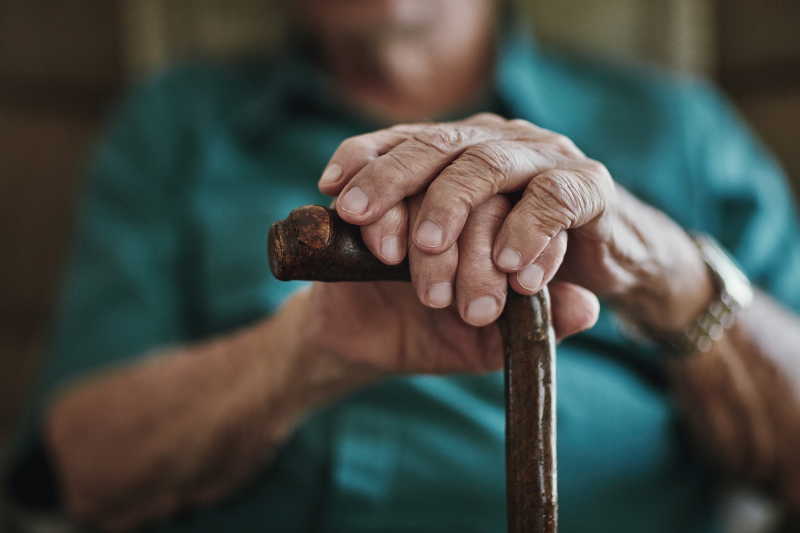
AUSTRALIA
- Zacharias Szumer
- 05 April 2022
6 Comments
Like the aged care sector more broadly, home care is in the process of transition as the federal government implements a system designed around the principles of consumer choice and efficiency. The push is driven by expectations that the number of Australians accessing aged care services will more than triple by 2050.
READ MORE 
-
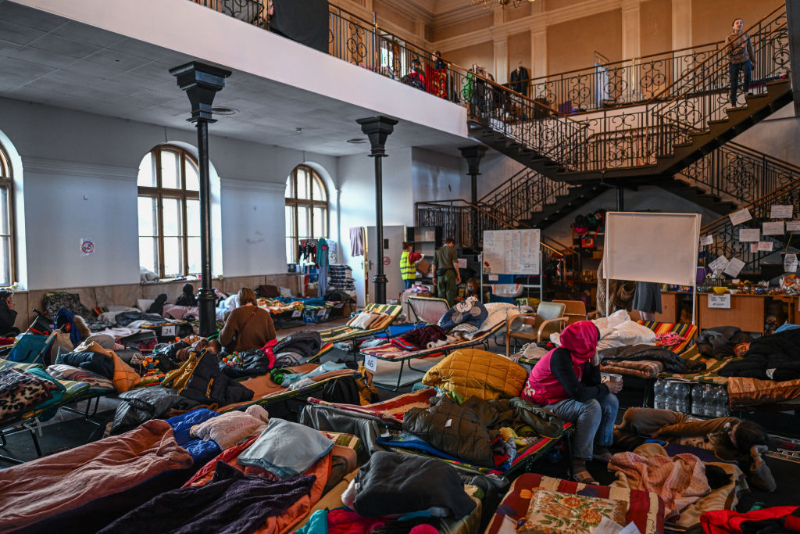
INTERNATIONAL
- David Treanor
- 28 March 2022
5 Comments
As this conflict unfolds, many governments commit necessary life-saving support for vulnerable people. However, these measures may not reach all citizens and groups, at least equitably. These include frail aged persons, children traveling without parents and those who live an intellectual and developmental disability (IDD).
READ MORE 
-
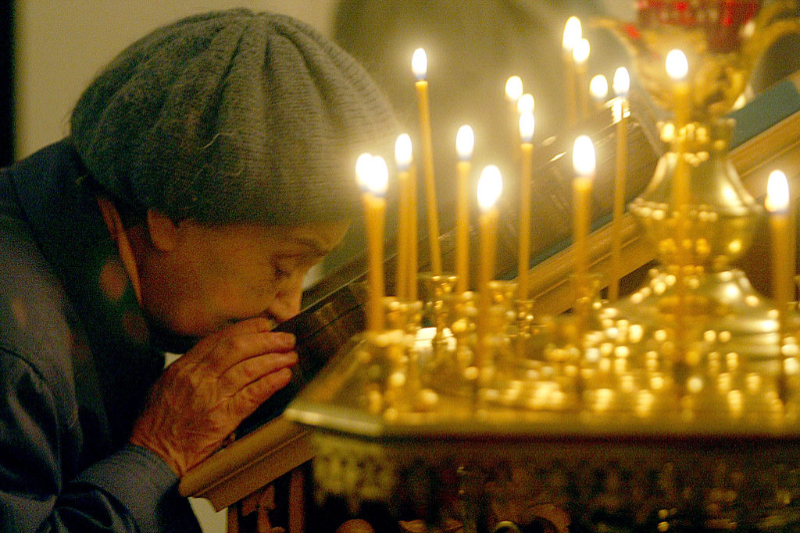
INTERNATIONAL
- Andrew Hamilton
- 17 March 2022
12 Comments
Taken together the events of recent years suggest that we face a crisis, a time in which the working assumptions that have guided our personal and collective lives no longer hold. If we do not change we face increasing threats to the world that we shall hand on to our children.
READ MORE 
-
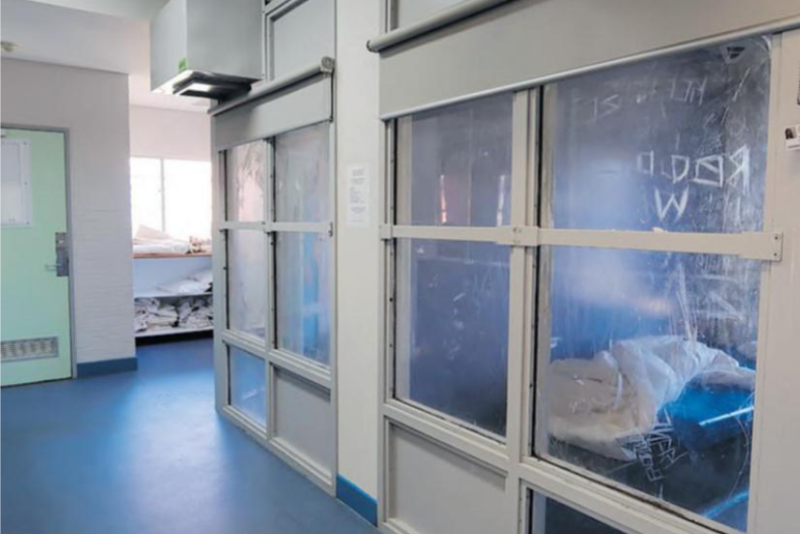
AUSTRALIA
- Julian Butler
- 22 February 2022
5 Comments
Having previously spent time as lawyer working predominantly in the Children’s Court of Victoria, there isn’t too much about the State’s treatment of young people that shocks me. That is, until a few weeks ago when I was drawn to the final item of The Weekend Australian’s editorial column. Under the heading, ‘Hurt boy’s inhuman treatment’, was set out the details of a 15-year-old West Australian boy who had been ‘locked alone in a glass-walled observation cell of a juvenile detention centre in the southern suburbs of Perth for 79 days.’
READ MORE 
-
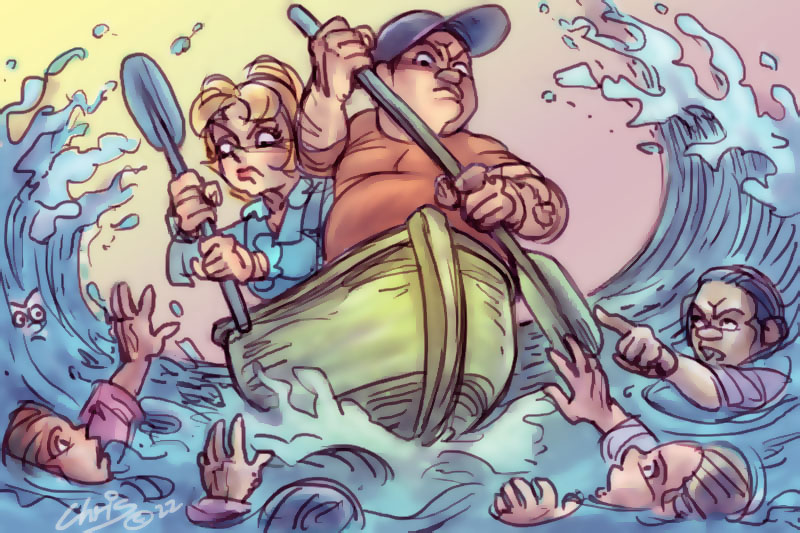
AUSTRALIA
- Cristy Clark
- 08 February 2022
22 Comments
Avoiding discomfort is a privilege only enjoyed by those who benefit from the status quo, and civility policing is fundamentally about protecting both that privilege and the status quo itself. Confronting the reality of injustice in both our past and our present should be uncomfortable, and no one is entitled to immunity.
READ MORE 